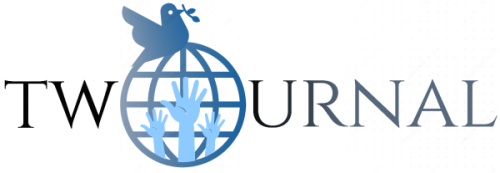[ad_1]
Denmark will dig up millions of dead mink after a hasty slaughter and burial aimed at eradicating a coronavirus mutation that ended in rotting carcasses triggering a new risk of contamination.
The exhumation of around 4 million mink will take place in May, with a six-month waiting period deemed sufficient to ensure the bodies are virus-free and safe to handle. Once unearthed, the mink will be cremated as business waste. Health officials said keeping the animals buried posed “no immediate pollution risk to lakes, streams and drinking water.”
The government is trying to close a chapter that forced a minister to resign and ended Denmark’s reputation as a country that had fought the pandemic more skillfully than most.
Prime Minister Mette Frederiksen had to defend her role in the debacle, after it emerged that she did not initially have the legal mandate to demand the full culling of Denmark’s estimated 15.4 million mink. The hasty and messy process that followed drew fierce criticism from Parliament and the country’s mink industry, which just a few months ago was the largest in the world.
But Frederiksen reiterated his initial warning that his government’s decision to demand that all Danish mink be slaughtered was appropriate. The country’s leading epidemiologist warned at the time that animals were very good at spreading the coronavirus, and Frederiksen said Danish scientists feared the mutation found in the country’s mink could derail vaccination efforts.
The mink risk
There are a number of other countries that produce mink that have detected strains of coronavirus in animals, namely Italy, Spain, the Netherlands, Sweden and the United States. None have so far taken the same drastic measures as Denmark.
In early November, the World Health Organizationsaidthe coronavirus mutation found in Denmark “highlights the important role that farmed mink populations can play in the continued transmission of SARS-CoV-2 and the critical role of surveillance, sampling and rigorous sequencing of SARS-CoV-2, particularly around areas where reservoirs are identified. “
The organization then said it was advising “all countries to improve surveillance for Covid-19 at the animal-human interface where reservoirs of susceptible animals are identified, including mink farms.
In another development, Denmark joined other European countries on Monday in imposing a 48-hour ban on arrivals from the UK, where a mutation of the rapidly spreading virus has been detected in humans. Danish health authorities say nine cases of the British mutated strain have been recorded in Denmark.
More health and Big Pharma coverage of Fortune:
- The deployment of the COVID-19 vaccine is dangerously flawed. Science and data could fix it
- How? ‘Or’ What hackers could undermine successful vaccine deployment
- “There is simply no confidence”: the fight to win vaccine skepticism in the black community
- You can now get custom updates on Zocdoc’s COVID vaccine
- Here is how much Europe will pay for each COVID-19 vaccine
[ad_2]



